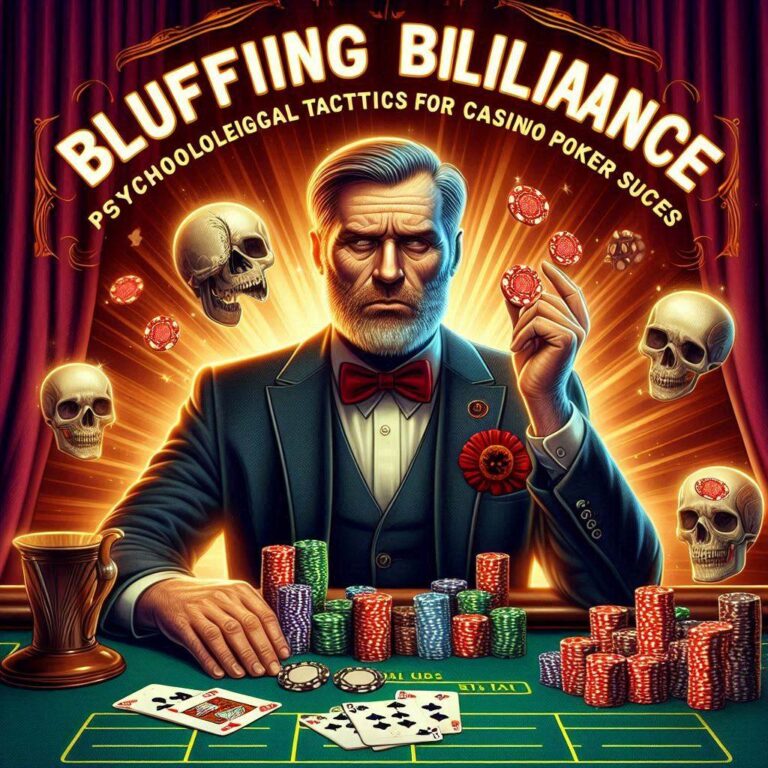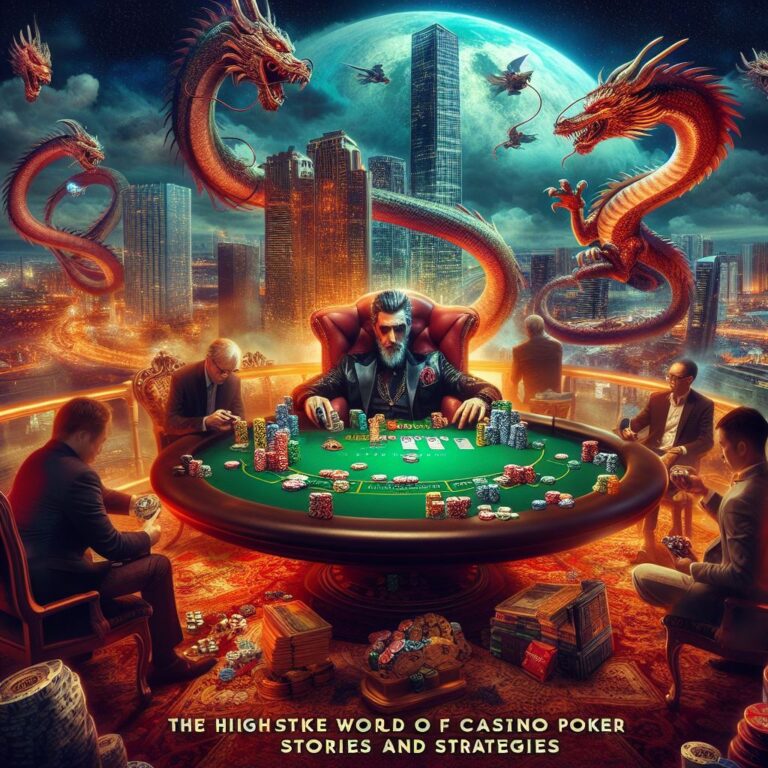From Beginner to Pro: A Journey Through Casino Poker Skills
The journey from a novice to a professional poker player is both challenging and exhilarating. For those aspiring to excel in the world of casino poker, Through Casino Poker Skills mastering a variety of skills is essential. This article outlines the key stages and skills involved in transforming a beginner into a seasoned poker pro.
1. Understanding the Basics
The first step in any poker player’s journey is grasping the basic rules and strategies of the game. This includes understanding the rankings of poker hands, the flow of gameplay, and the fundamental tactics like betting, folding, calling, and raising. New players should start with low-stakes games to minimize risk as they hone their understanding.
2. Learning Poker Mathematics
Poker isn’t just a game of luck; it’s a game of probability and statistics. Beginners need to learn how to calculate pot odds (the ratio of the current size of the pot to the cost of a contemplated call) and understand concepts like expected value and variance. These mathematical tools are crucial for making informed decisions at the table.
3. Developing a Poker Strategy
As players gain more experience, Through Casino Poker Skills they should start to develop their own poker strategy. This includes deciding whether they are more comfortable playing a tight game (playing fewer hands) or a loose game (playing a wider range of hands). It also involves understanding different table positions and how they affect gameplay.
4. Mastering the Art of Bluffing
Bluffing is an essential skill in poker but is risky if not executed properly. Learning when and how to bluff effectively involves understanding opponent behavior, table image, and the stakes of the game. Successful bluffing can turn a weak hand into a winner, but unsuccessful bluffing can deplete a player’s chip stack quickly.
5. Reading Other Players
One of the most important skills in poker is the ability to read other players. This includes noticing physical tells (like twitches or glances at chips) and betting patterns. This skill helps players make better guesses about the strength of opponents’ hands, which is critical in deciding how to bet.
6. Emotional and Financial Management
Playing poker at a casino can be a rollercoaster of emotions. Effective emotional control, often referred to as maintaining a “poker face,” is essential. Equally important is bankroll management, which involves playing within one’s financial limits and avoiding the tilt—a poker term for emotional frustration that leads to poor decisions.
7. Advanced Techniques and Adaptability
As players progress, they should explore advanced poker techniques such as multi-tabling (playing at multiple tables at once online), heads-up play (playing against one opponent), and deep stack strategies. Adapting to different types of games and opponents is crucial for long-term success.
8. Continuous Learning and Practice
Finally, the journey from beginner to pro requires continuous learning and practice. This might involve studying professional poker strategies, reviewing personal game play to identify mistakes, and staying updated with the latest poker theories and trends.
Conclusion
Transitioning from a beginner to a professional poker player in casino environments demands dedication, strategic understanding, and a significant amount of practice. By building a solid foundation of poker knowledge and continuously refining skills and strategies, players can increase their chances of success and longevity in the competitive world of poker. Whether you’re playing in lavish casinos or online platforms, the journey through poker skills is one of perpetual learning and excitement.
Read More: The Biggest Poker Wins in Casino History and What We Can Learn From Them






